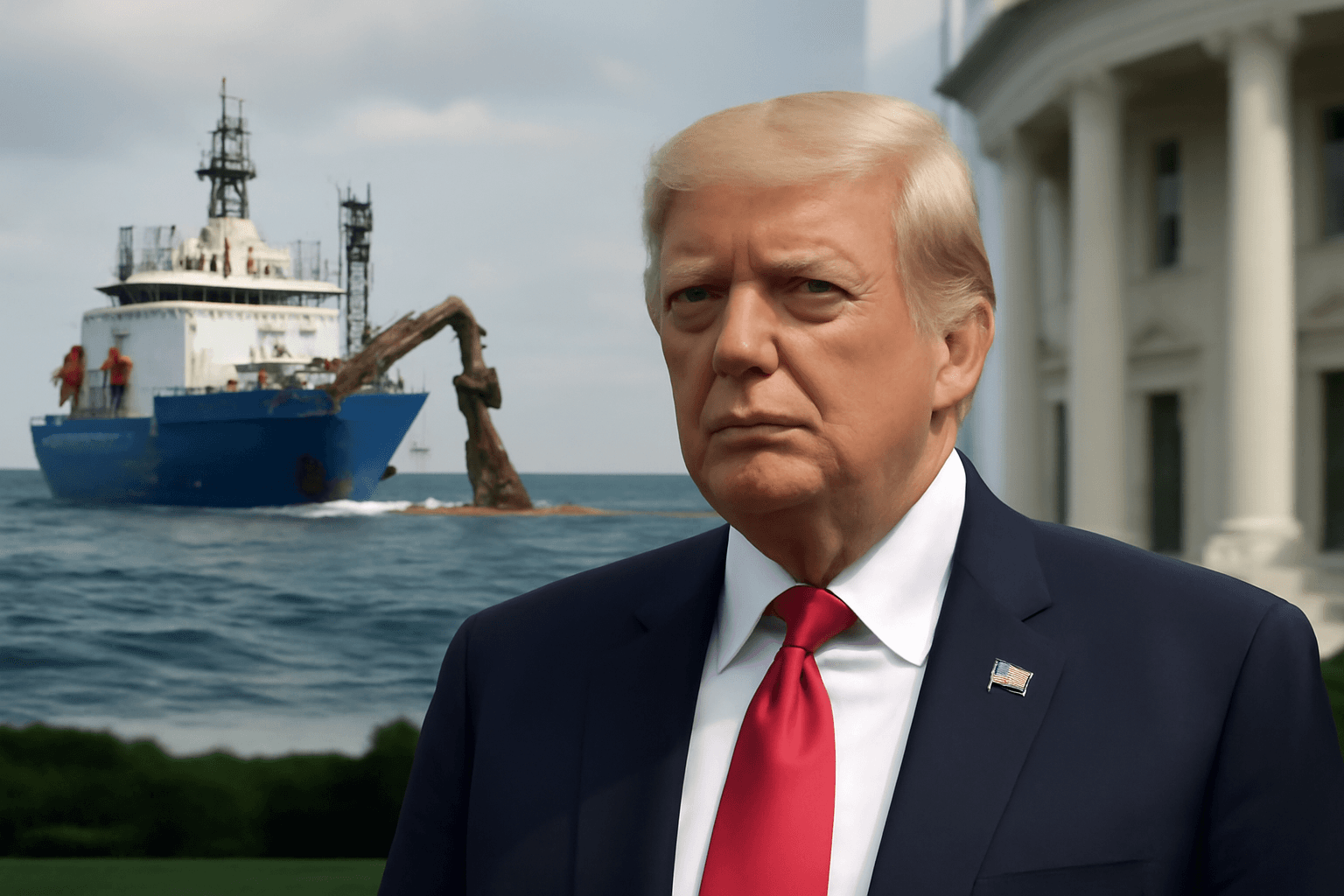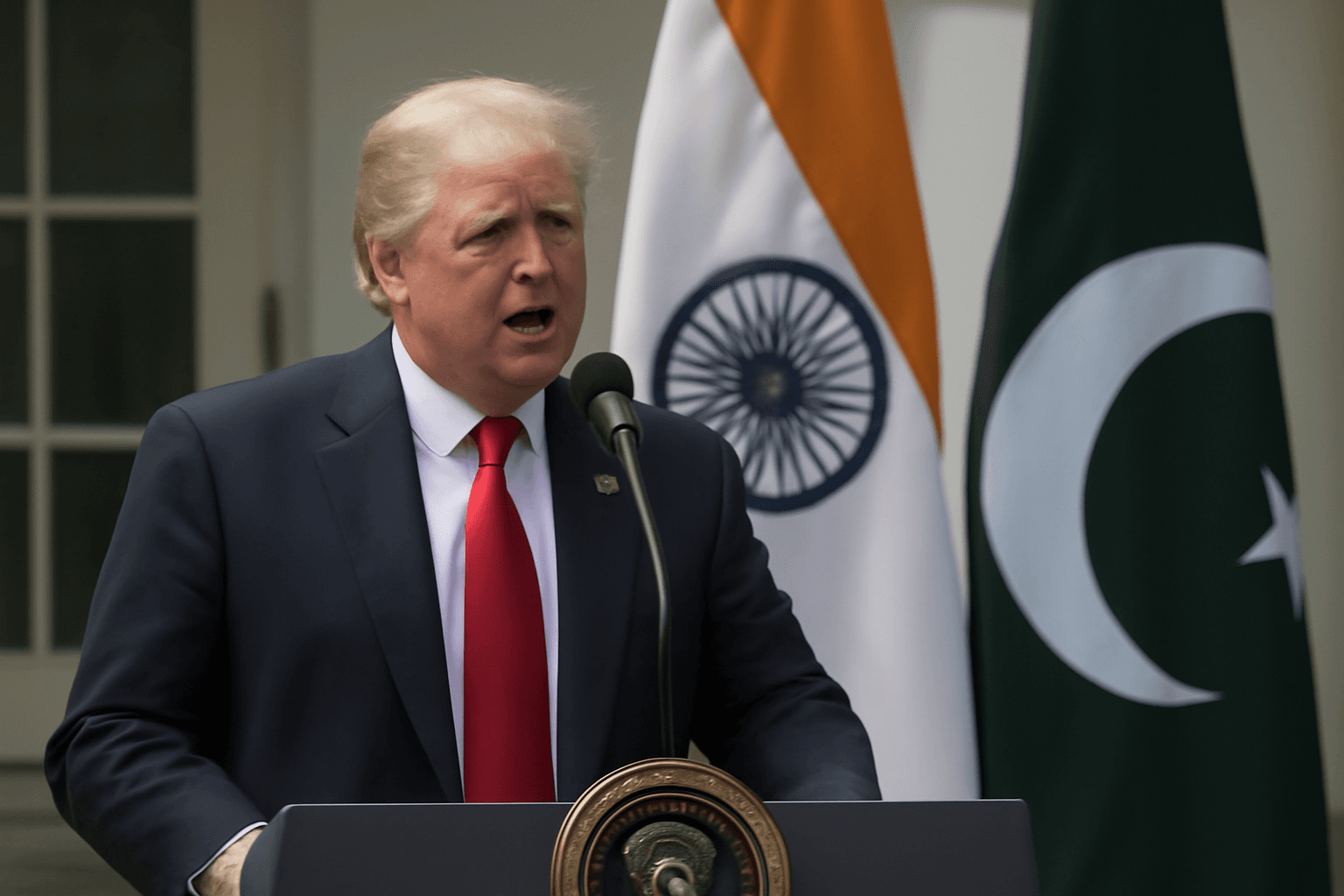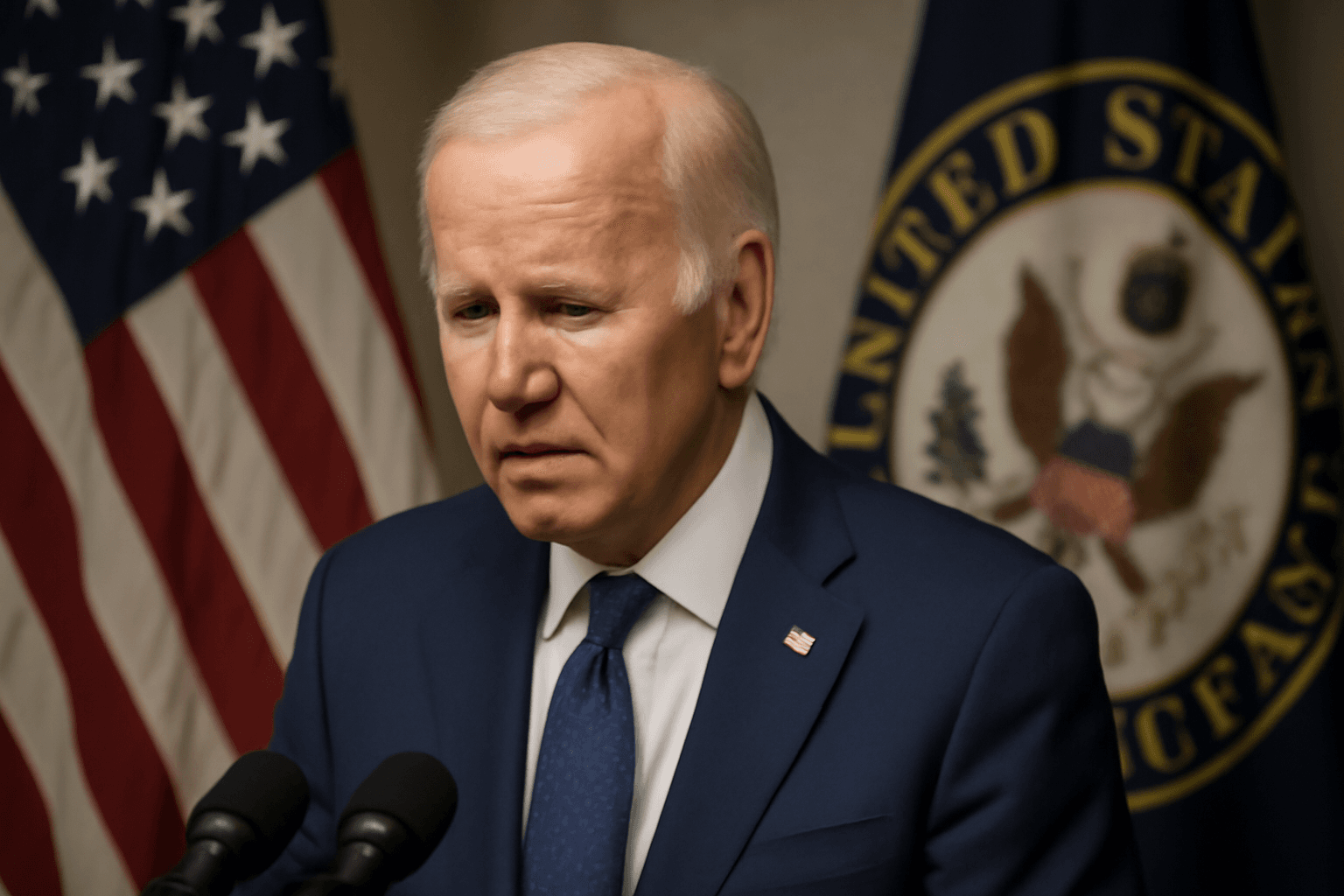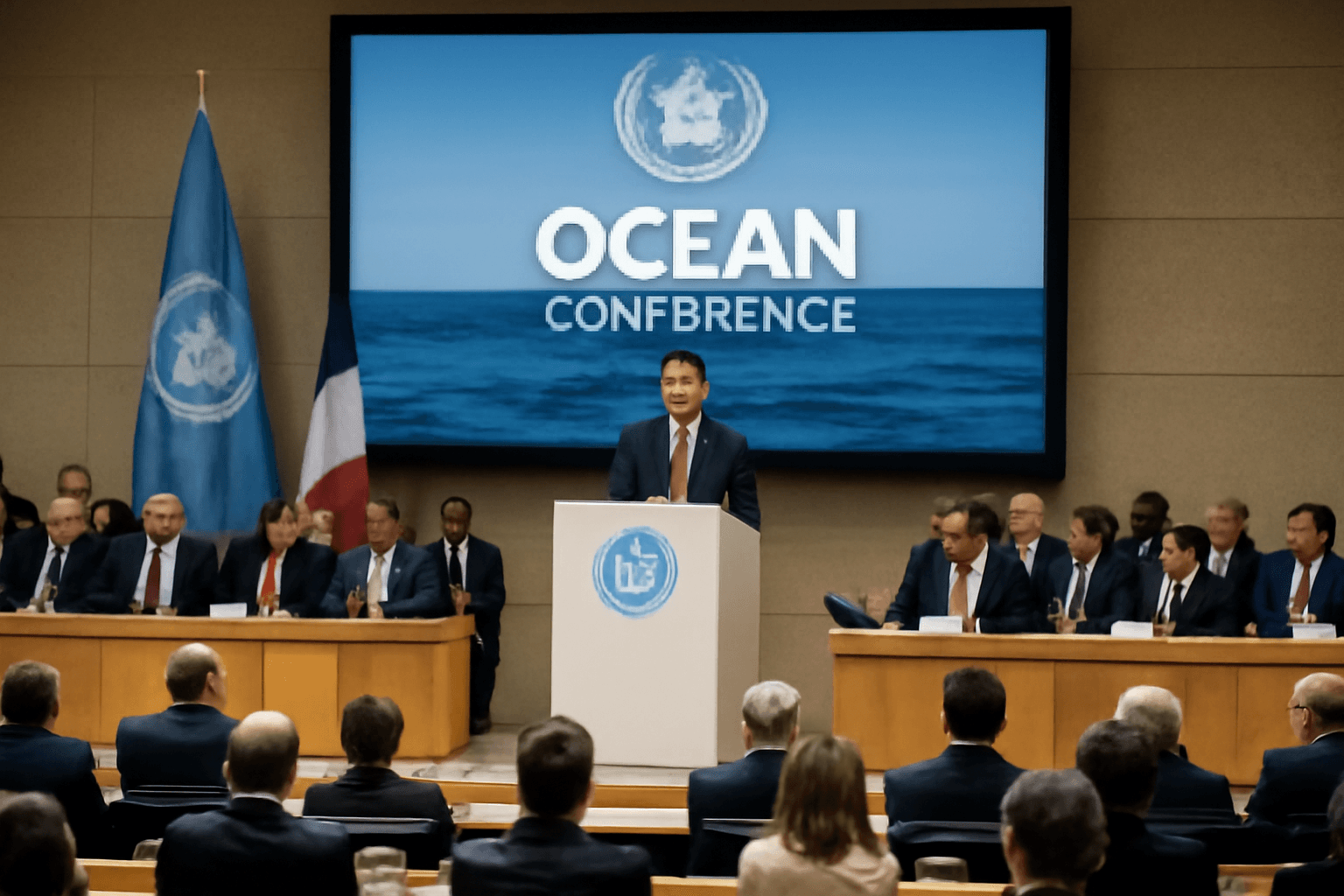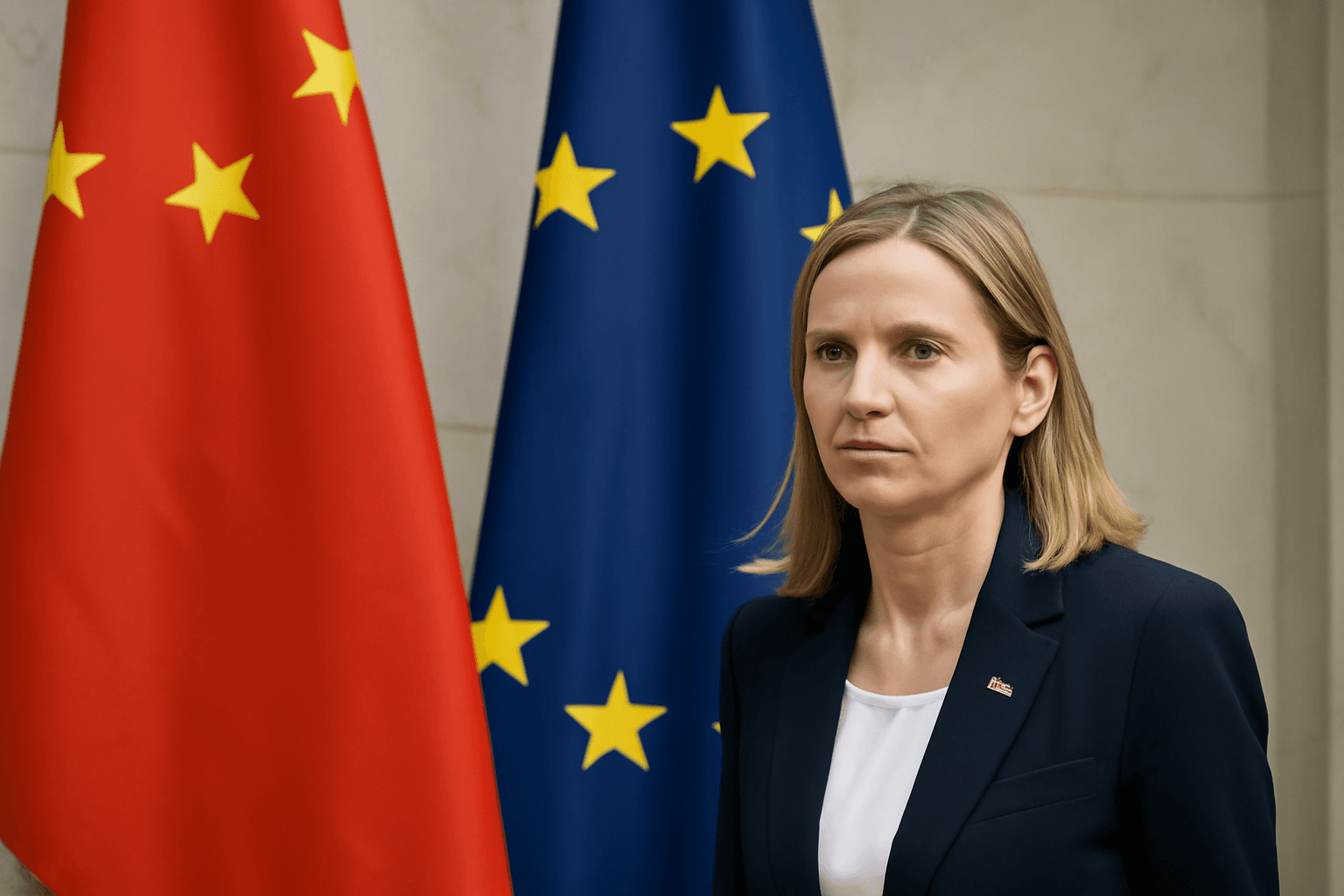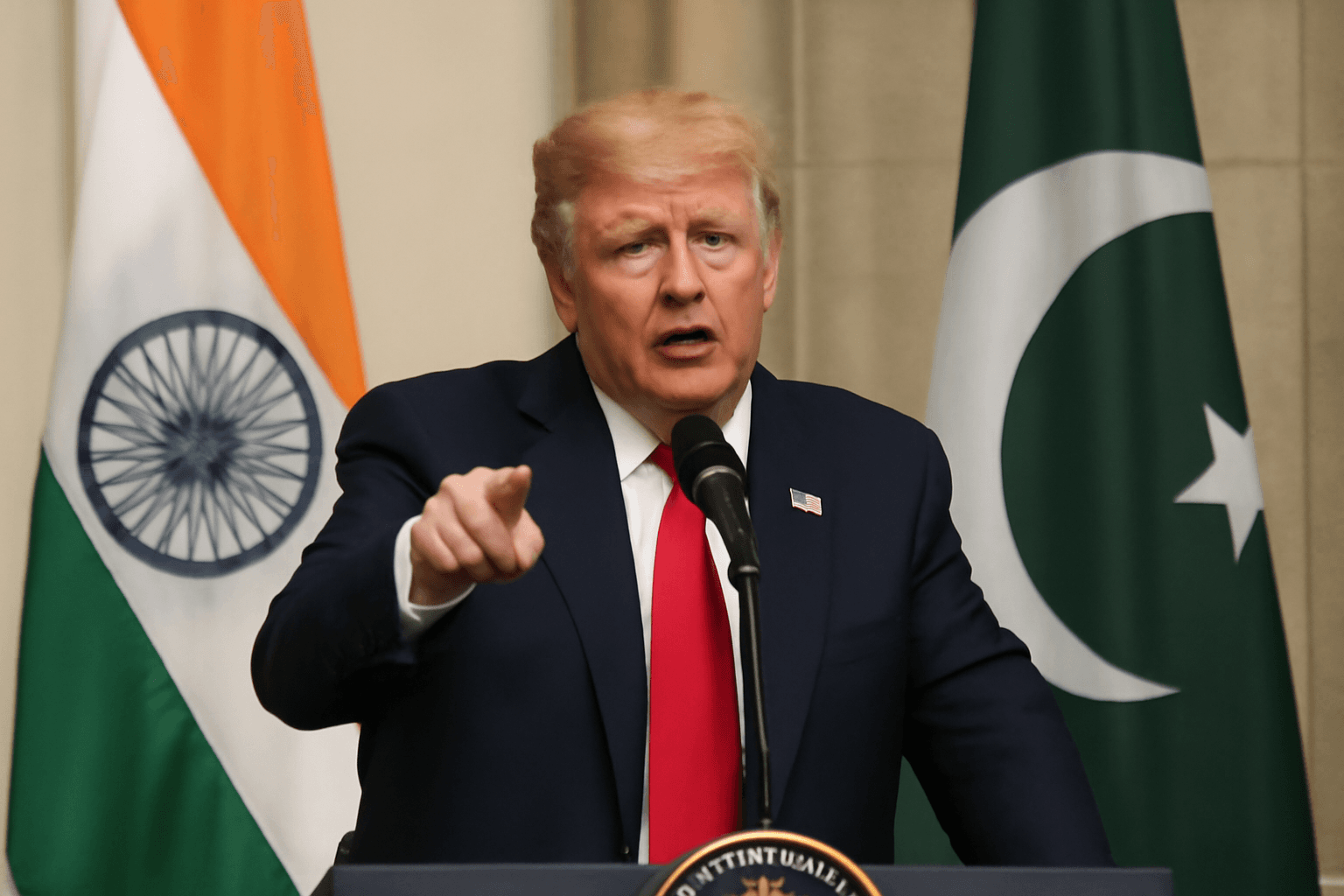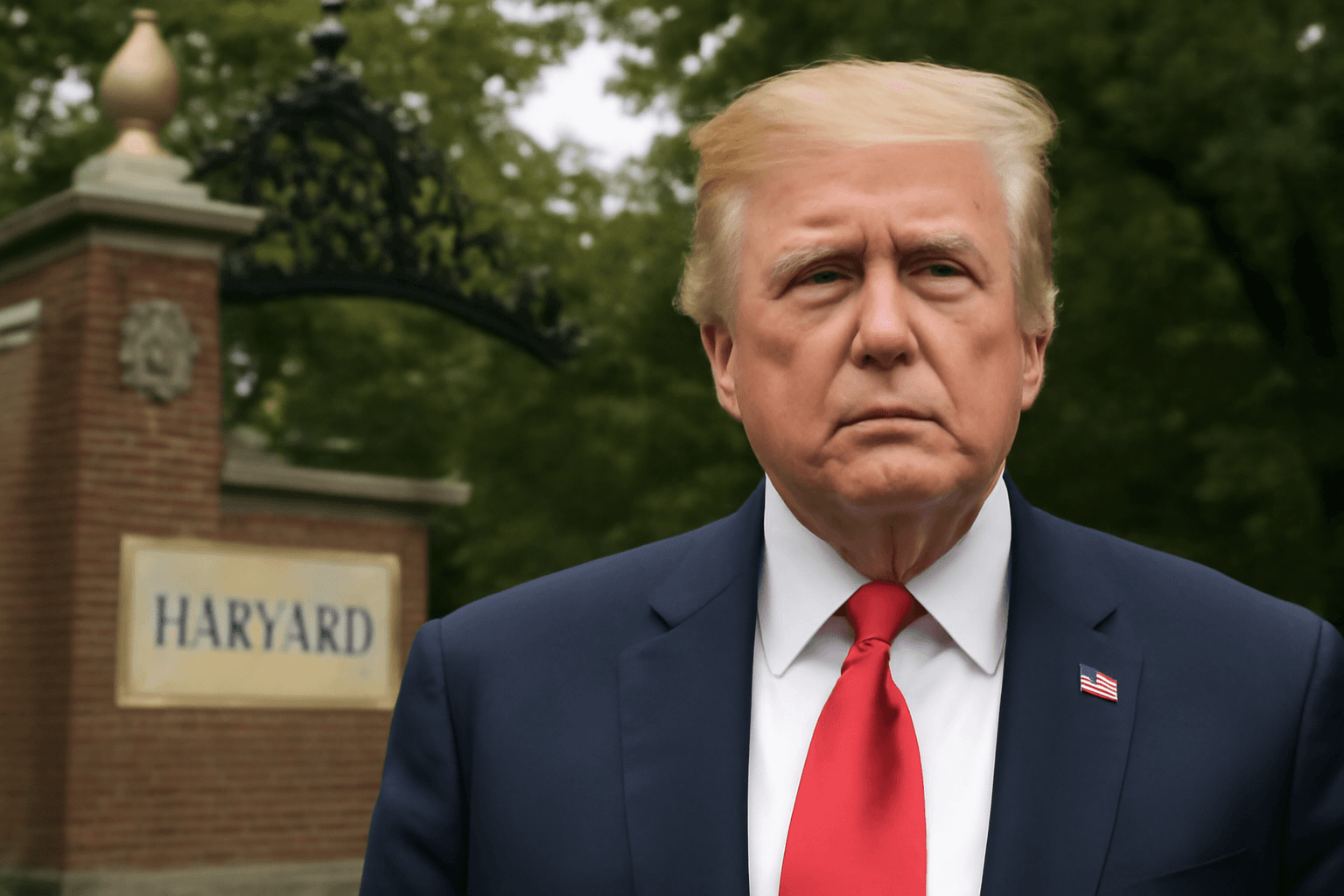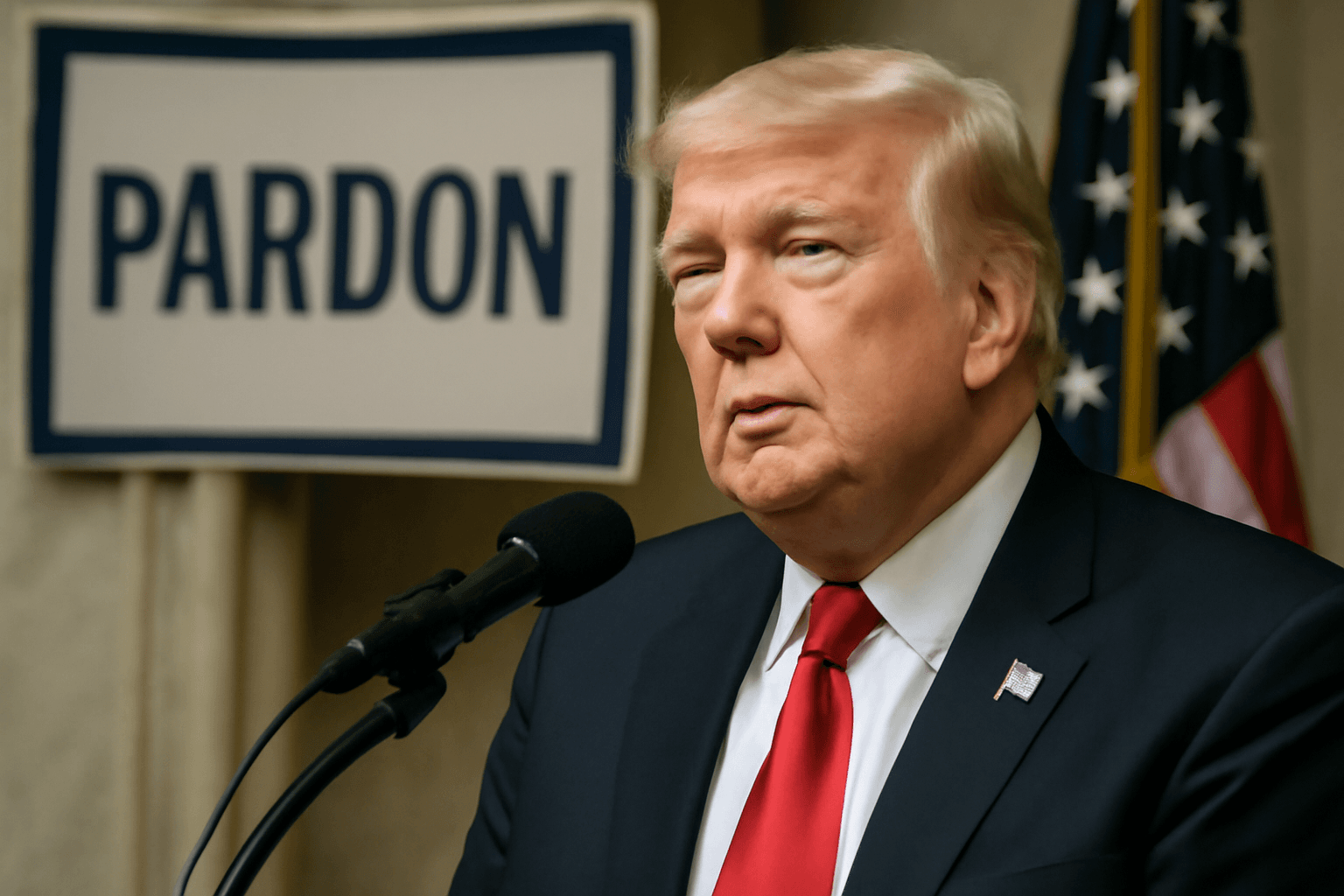In May 2025, US President Donald Trump signed an executive order aimed at expediting the permit approval process for deep-sea mining on both domestic and international waters. Citing a little-known 1980 US law, this move circumvents global maritime regulations, igniting concerns among experts about potential conflicts over ocean sovereignty.
The Metals Company, a Canadian leader in seabed mining, has already submitted a commercial mining application in the US, bypassing the International Seabed Authority (ISA). The ISA, established under the United Nations Convention on the Law of the Sea (UNCLOS), governs the use of the ocean floor beyond national jurisdictions to prevent a competitive scramble over ocean resources.
Though the US benefits from many provisions of UNCLOS, it has never ratified the convention since it came into force in 1994. US attorney Coalter Lathrop emphasized that this selective adoption undermines the principle that seabed minerals beyond national boundaries belong to humanity collectively, potentially destabilizing the carefully constructed legal order governing the oceans.
The executive order and The Metals Company’s actions have provoked international criticism from ISA member countries, including China, who warn these unilateral steps violate international law. ISA Secretary-General Leticia Carvalho echoed these concerns, stating that such actions risk destabilizing global ocean governance frameworks.
Despite The Metals Company’s partnerships with ISA members like Japan, which could enforce maritime laws indirectly, questions remain about the legality and long-term impact of the US’s approach. Economist Guy Standing described Trump's order as dangerously provocative, warning it could lead to competing claims among global powers in sensitive regions like the Arctic.
However, not all experts agree. James Kraska, a maritime law professor at the US Naval War College, argued that since the US never ratified UNCLOS, it is not legally obligated to comply and viewed the criticisms as politically rather than legally motivated.
This unfolding dispute highlights the fragile balance of international ocean law and raises urgent questions about how maritime resources should be managed in an era of increasing strategic competition.

